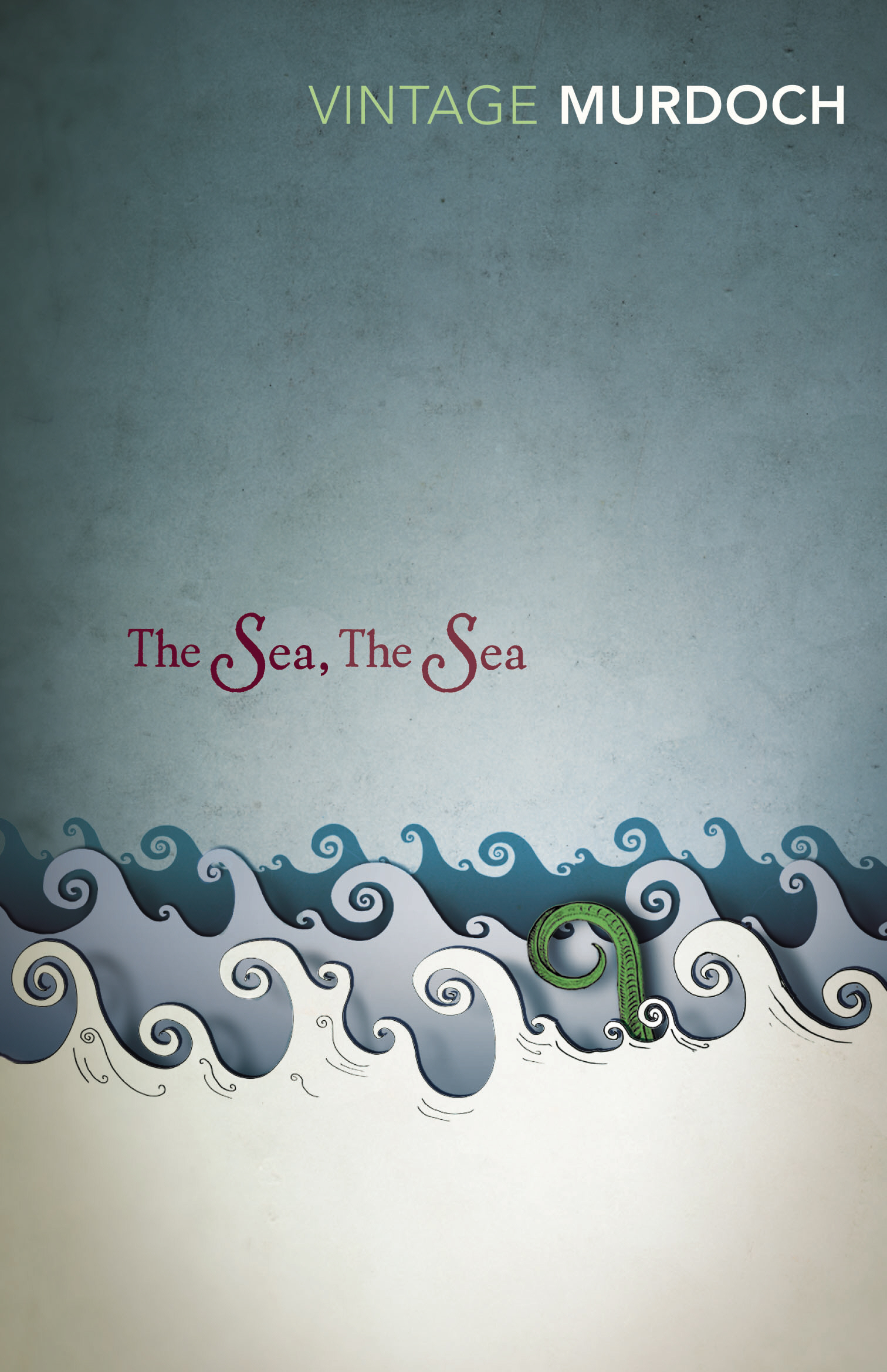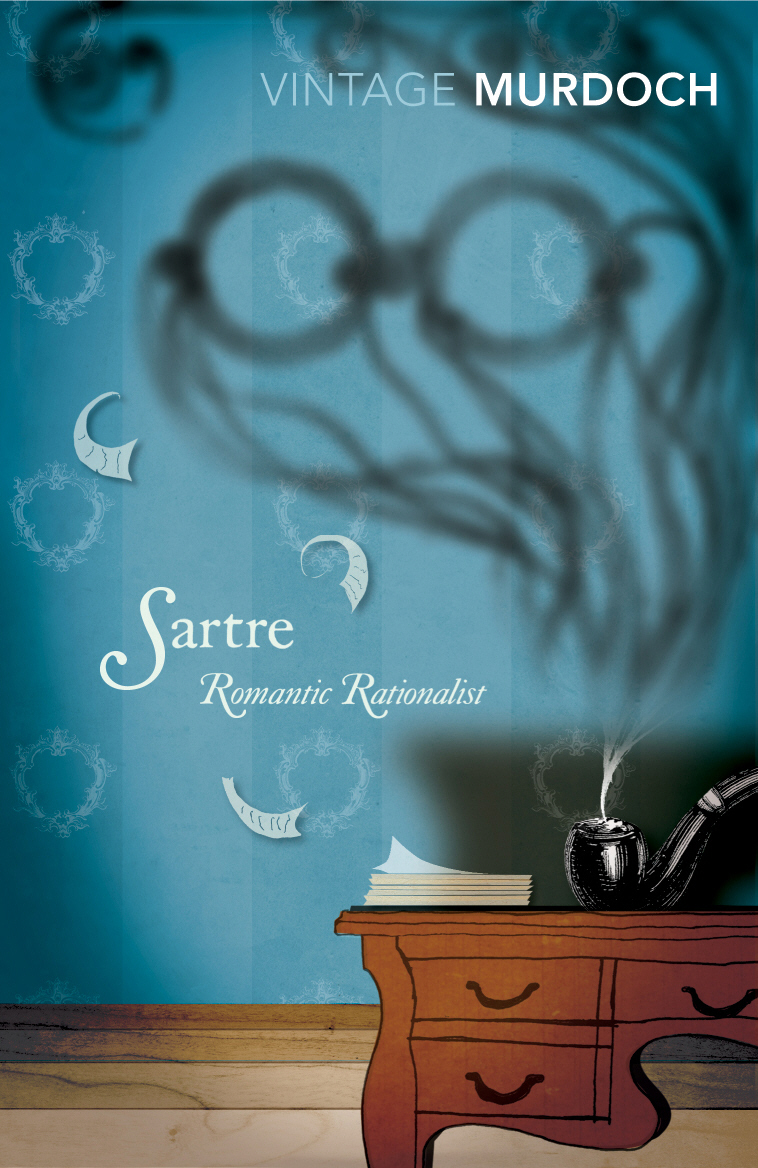Iris Murdoch: Lest We Forget
Last week, during the first of the new series of University Challenge, all eight contestants failed to recognise a photograph of Iris Murdoch. This year marks the tenth anniversary of her death and today would have been her ninetieth birthday. For those who have not read any or for those who might like a reminder, Brian Nellist suggests why we should continue to read her books.
Literature, Iris Murdoch said, as opposed to philosophy, her other concern, is ‘very natural to us, close to ordinary life and to the way we live as reflective beings’. Why then, you might ask, are her stories so rich in extraordinary and eccentric characters, why do they culminate in some explosive event or catastrophe and why do her people behave in extreme ways, incest, attempted murder, suicide? She was writing in rebellion against the reduced scale, as she saw it, of other twentieth century fiction which seemed to assume that every individual was free to make his or her own way in the world with other people as objects of choice or mere background to their lives. She wrote instead about disturbing figures of power, both what it was like to exercise such influence and about those subject to its authority and in doubt or open reaction or delighted acquiescence. She saw very clearly all the non-rational obsessive and desiring elements of a self which was often far from free. ‘Reality is not a given whole,’ she wrote. ‘An understanding of this, a respect for the contingent is essential to imagination as opposed to fantasy.’ Her characters are always articulate middle-class not out of snobbery but because they constantly try to understand their competing and conflicting inner pressures. There’s always an intense excitement in her books as they move, especially in the earlier works, between something close to myth or fairy tale, say The Bell or The Italian Girl and a more recognisable sense of the everyday, say The Sandcastle or, my own favourite, An Unofficial Rose. But the greatest achievement is really the long later novels where the power of the almost magically endowed prophetic figures casts a spell over an immensely varied cast of characters, as in The Message to the Planet or The Book and the Brotherhood. Each novel is a world in itself, compulsively readable, constantly surprising, stimulating of thought but above all, to use her own word, ‘fun’ to be with. If you haven’t read any before, what pleasure is in store for you, and if you have they will seem even more rewarding when you return.
Brian Nellist
Vintage Classics have recently republished most of Iris Murdoch’s novels together with her essays on Sartre and the challenging and brilliant Metaphysics as a Guide to Morals.




Beautiful, aren't they?
Remember: you can purchase the above books through The Reader Organisation's Online Bookshop.
Share
Related Articles

Ranked: The Novels of Jane Austen
2025 marks the 250th anniversary of Jane Austen's birth and it's got us thinking about what an incredible legacy she…

March’s Stories and Poems
With spring on its way, the world around us is beginning to fill up with new wonders. This month, we…

Liverpool ONE unveils book corners in partnership with The Reader to help boost literacy across the city
Liverpool ONE has unveiled a collection of ‘reading corners’ in a bid to help boost literacy levels among local people.…


